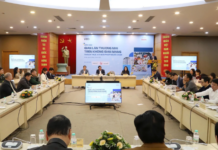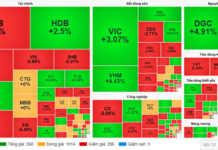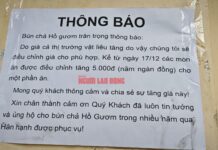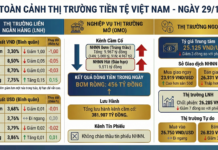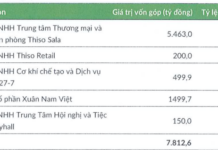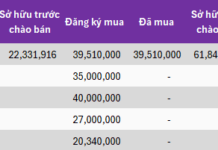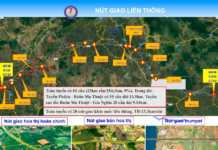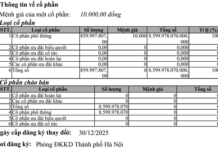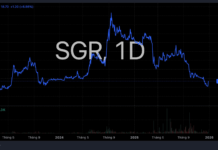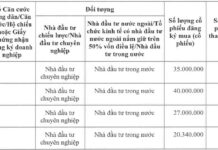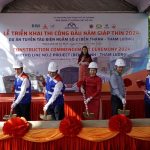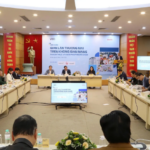PV/VOV Traffic had a discussion with PGS.TS Nguyen Hong Tien, former Director of the Department of Technical Infrastructure, Ministry of Construction, regarding this issue.
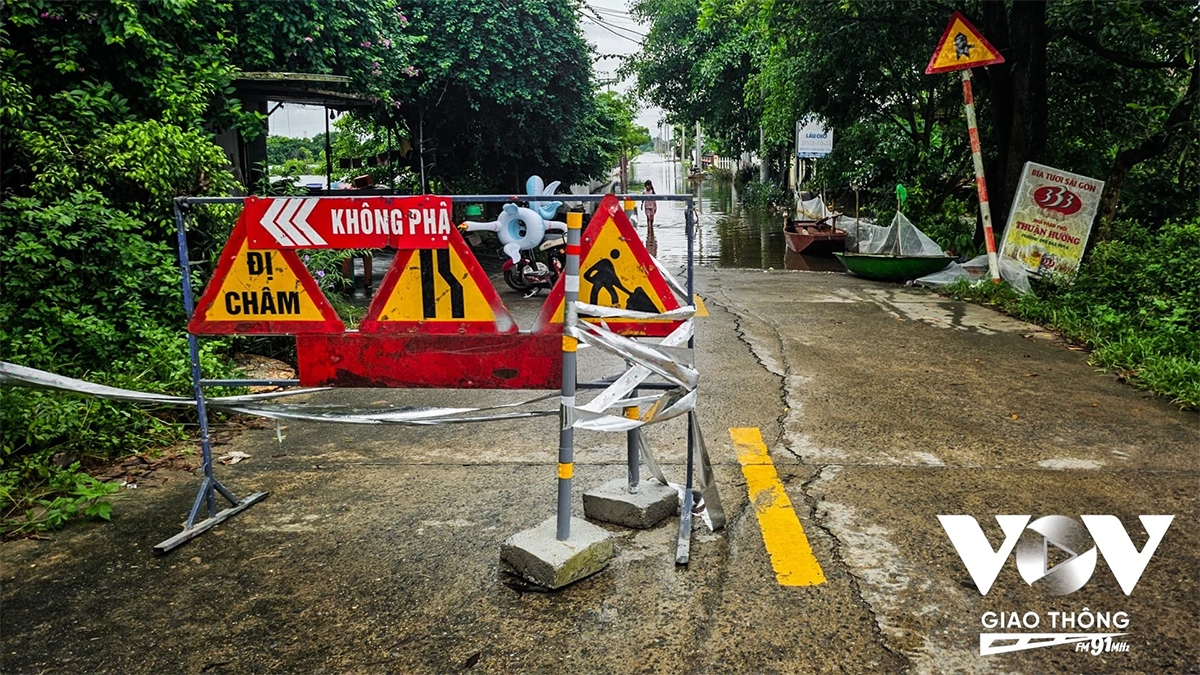
PV: Sir, every year, urban areas have programs and plans to implement drainage and flood prevention measures. However, flooding occurs whenever it rains. So, in your opinion, who is responsible for this issue?
PGS.TS Nguyen Hong Tien: Firstly, the responsibility lies with the government. The government assigns a specialized agency, and that agency must take responsibility. When formulating plans and programs, is there consideration for feasibility? Once the programs and plans are approved, they should clarify the investment capital, roadmap, and stages for implementation.
If a program or plan proposes a funding source but ultimately lacks the capital to execute it, there is no point in having it. Thus, programs and plans must be feasible and not merely theoretical, like planning.
The drainage companies are not entirely at fault. These companies operate based on assigned tasks, orders, tenders, or plans. Therefore, the government needs to select priority investment areas and mobilize all resources for effective investment. It is unproductive to devise plans and then fail to execute them, making it challenging to evaluate implementation and assign accountability.

PV: So, sir, to improve the urban drainage system and expedite delayed projects, where will the funding come from?
PGS.TS Nguyen Hong Tien: The Ministry of Construction is currently drafting the Law on Water Supply and Drainage, which emphasizes that drainage is a public service, and the State (central and local) must take responsibility and prioritize investment according to approved plans. If there is no priority and responsibility for investing capital, where will the funding come from? ODA capital is no longer available, and few investors are interested in drainage and wastewater treatment. While we can mobilize PPP and private investment, there is a lack of participation from investors. Therefore, we must prioritize state investment capital, and by ‘priority,’ I mean ‘adequate, timely, and sufficient’ to organize and implement effectively.
From this point on, rainfall will increase, and there is a possibility of widespread rain, sudden downpours, and prolonged heavy rains, which may lead to continued flooding. Every year, when flooding occurs, society pays attention, but when it subsides, things go back to ‘normal.’ The project implementation pace is slow, and new constructions continue to spring up. Maintenance work, such as dredging rivers and canals, which are the main drainage routes, is very limited. How much dredging is done annually in rivers like Nhuë, Đáy, and Tô Lịch? The amount of sludge and river filling impedes the flow significantly.
If we don’t dredge these rivers, they will become incapable of draining water, not to mention the connectivity issues between them.
PV: Yes, thank you, sir!
Accelerating the relocation of technical infrastructure in Metro Line 2 in Ho Chi Minh City
On the morning of February 17th, also known as the 8th day of the Lunar New Year, the Urban Railway Management Board of Ho Chi Minh City (MAUR – the investor) held a ceremony to kick off the construction of the Ben Thanh – Tham Luong Metro Line 2 project for the Year of the Horse 2024 at the central Ben Thanh station.

